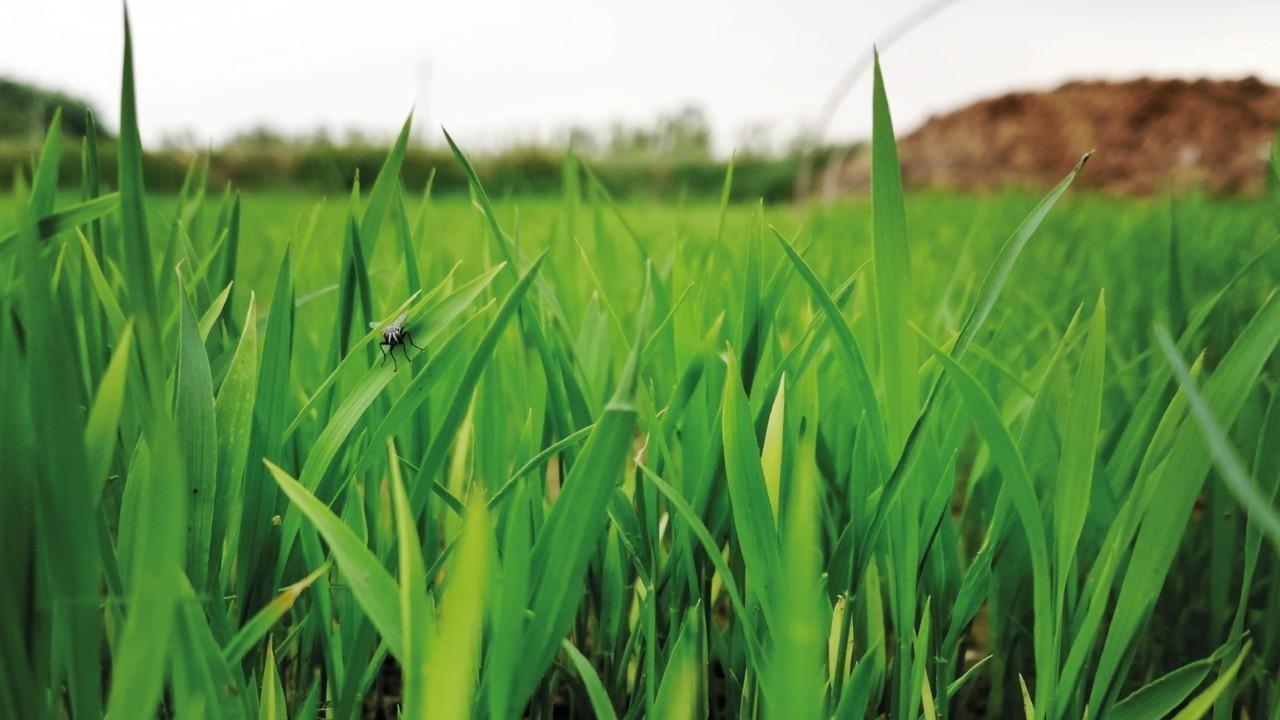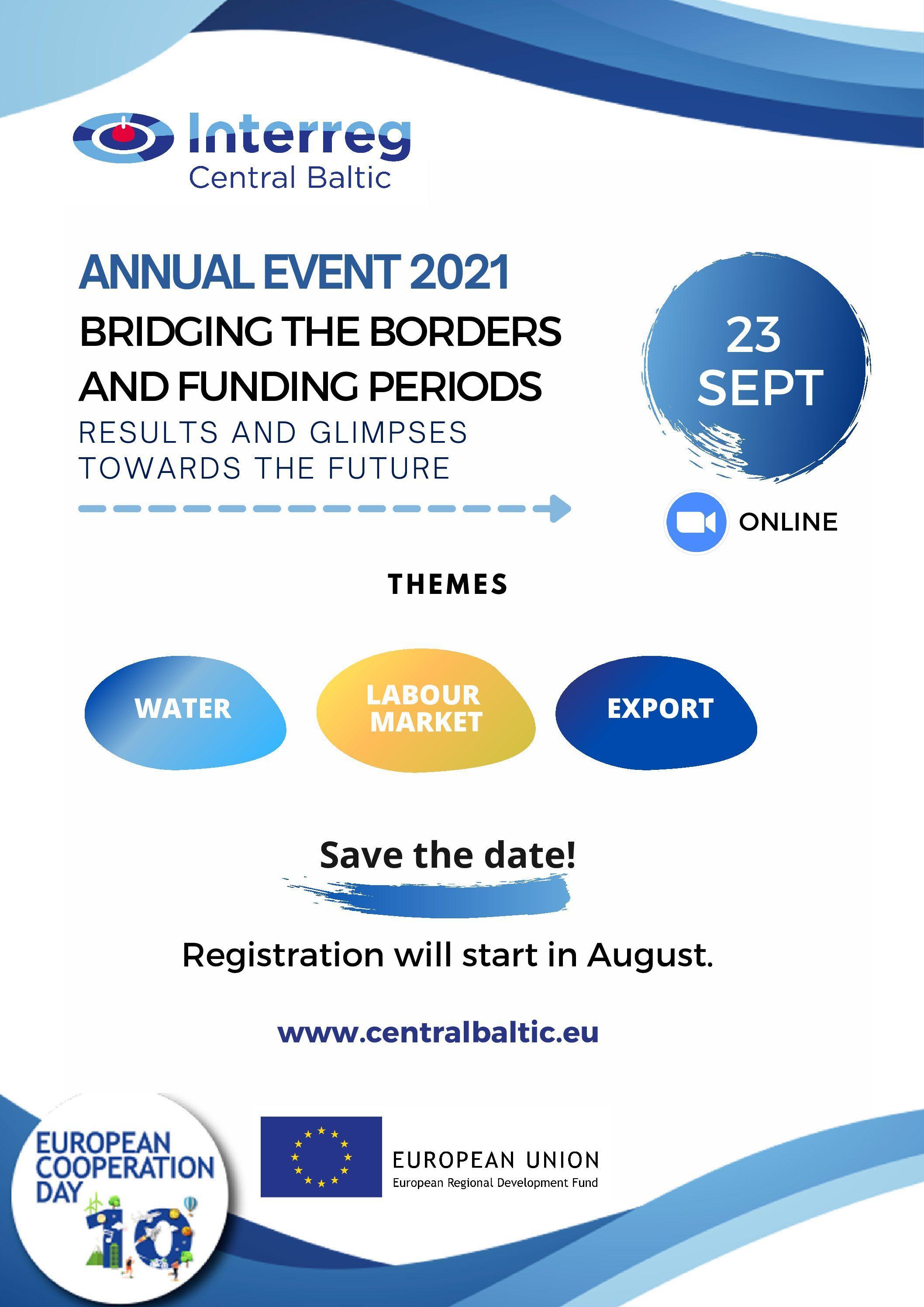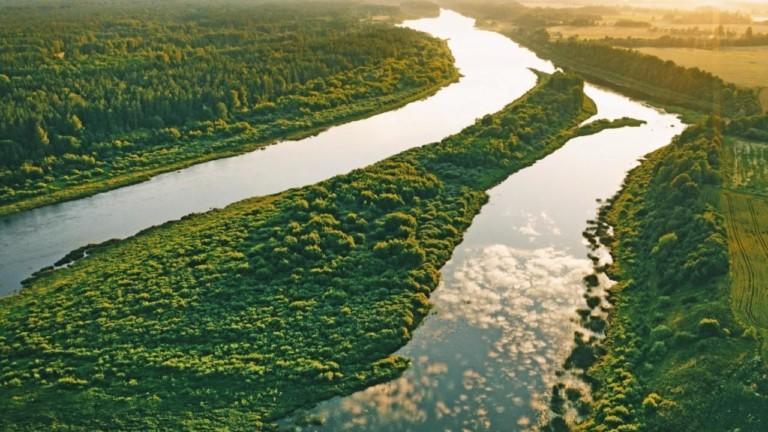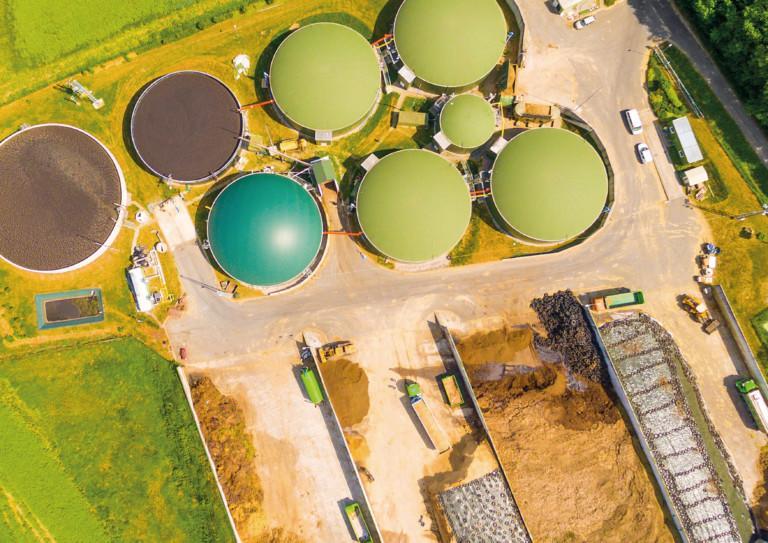The final conference in Latvia happened as a hybrid event on the 16th of June, being held both online in ZOOM and in real life in Latvian State Environmental Services main building. Seven presentations were made on topics concerning sustainable biogas with the goal of informing stakeholders on the needed improvement in policy. Small questionnaires were given 3 times to participants through sli.do platform to increase their engagement, and questions could be asked after each presentation. The conference was finalised by a panel discussion.
The meeting opened with the words of director-general of Latvian state environmental services about the project and its necessity in improving environmental risk management in biogas industry.
The conference then continued with two presentations in English from two other countries – Germany and Finland. Katrin Kayser, IIBK BIOGAS representative, presented on Biogas and nutrient management in Germany and what systems and practices they have in place that have served them in good nutrient management. Then Anna Virolainen-Hynnä, Finnish partner of the project ”Sustainable biogas” from Finnish Biocycle and Biogas Association, talked about experience and perspective of biogas in Finland. About the history and future of biogas and how policy has shaped the industry.
The foreign presentations were followed by those of LSES project experts. Anete Kalniņa spoke about a comprehensive approach to biogas industry planning. How nutrient levels in soil and the available biomasses should be taken into account when planning new biogas stations, and how it helps reaching the environmental policy goals set by the EU. Imants Plūme presented on Biogas production and emission control. He spoke most about what should be improved in biogas stations themselves when it comes to raw material and digestate storage and handling.
After a short break, Baiba Brice, ”Sustainable biogas” project manager from the Latvian Biogas Association, presented on nutrient recycling and digestate potential. She informed the participants on the digestate quality systems and possibilities in Latvia, as well as he potential of high quality digestates.
Ministry of Environmental Protection and Regional Development Environmental Protection Department Director Rudīte Vesere had prepared a video where she spoke about management of biological waste, sewage sludge and other biomasses in relation to biogas. The management of biological waste is very topical now in Latvia with the plans of processing it by composting, which is the inferior method next to processing via biogas stations. She informed on the existing plans and what still needs to be done before the best solutions are implemented.
The last presentation was made by Andis Kārkliņš, Board member of the Latvian Biogas Association, on biogas as a source of renewable energy in Latvia. He talked about the historical growth and stagnation of biogas industry in Latvia, as well as the future plans. Biomethane production being the future corner stone of biogas production in Latvia due to the need for it to fulfil EU environmental policies in transportation sector. But also, that cogeneration and small biogas stations should be supported by the country as they have significant part to play in nutrient management and energy production.
The conference was finalised by a panel discussion. The representatives of Ministry of Agriculture, Jānis Eglītis, Ministry of Environmental Protection and Regional Development, Rudīte Vesere (had sent in the answers), Latvian State Environmental Services, Imants Plūme, and Latvian Biogas Association, Andis Kārkliņš answered several questions on biogas policy. The questions were on nutrient management on the country level, manure and sewage sludge management, and the possibilities of increasing biogas production and the existing and possible policies pertaining to the topics.
The conference was successful in informing most of the stakeholders and preparing them for receiving the proposals and guidelines prepared by the project.
See the Latvian hybrid event below. (In Latvian)




